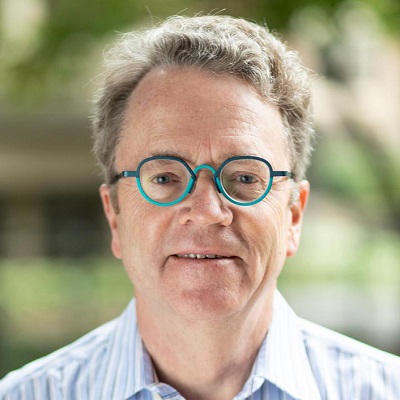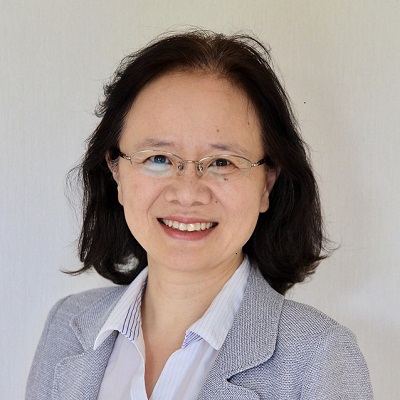ACS Macro Letters 10th Anniversary Webinar series:
Polymer Physics/Physical Chemistry
NOW AVAILABLE TO WATCH ON-DEMAND
ACS Macro Letters 10th Anniversary Webinar Series:
Polymer Physics/Physical Chemistry
In celebration of ACS Macro Letters 10th anniversary, we are hosting a quarterly webinar. We have invited a panel of speakers with a variety of expertise focusing on different topics within polymer science.
Join us on Wednesday, March 3rd, 2021 at 10:00AM EST for the first installment of the series. Tim Lodge (University of Minnesota), Jian Ping Gong (Hokkaido University), and Dimitris Vlassopoulos (University of Crete IESL-FORTH) will be speaking on Polymer Physics/Physical Chemistry. Afterwards, there will be a Q&A session with Editor-in-Chief, Stuart J. Rowan, and Associate Editors, Ryan Hayward, Rachel Segalman, and Marcus Mueller.
Who you'll hear from:
Copyright © 2025 American Chemical Society | 1155 Sixteenth Street NW | Washington, DC 20036 | View our Privacy Policy




